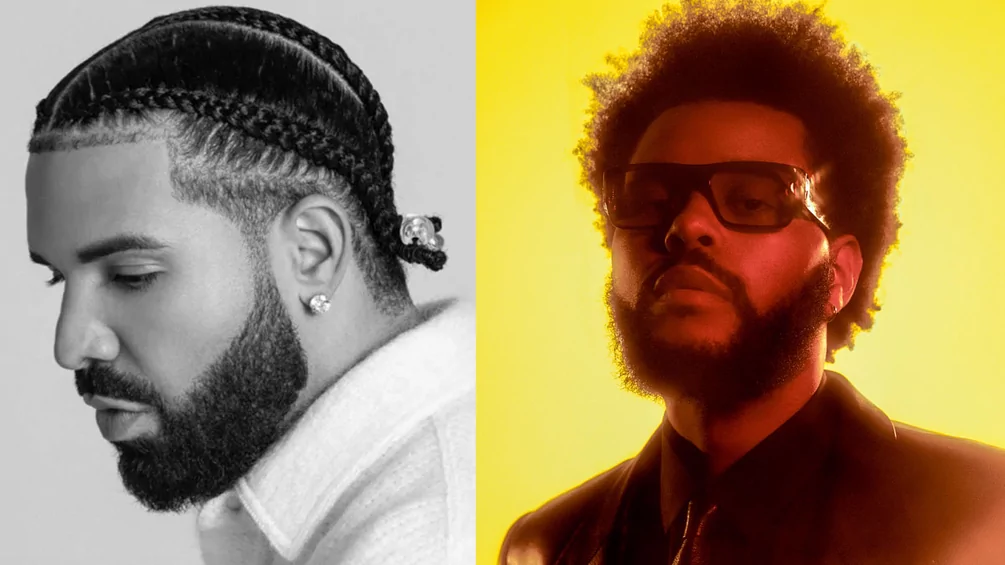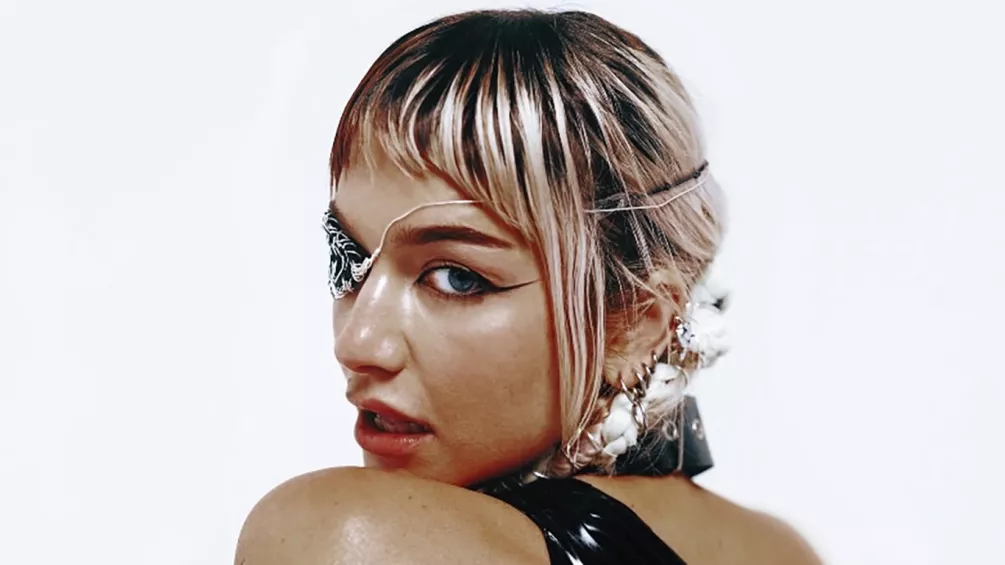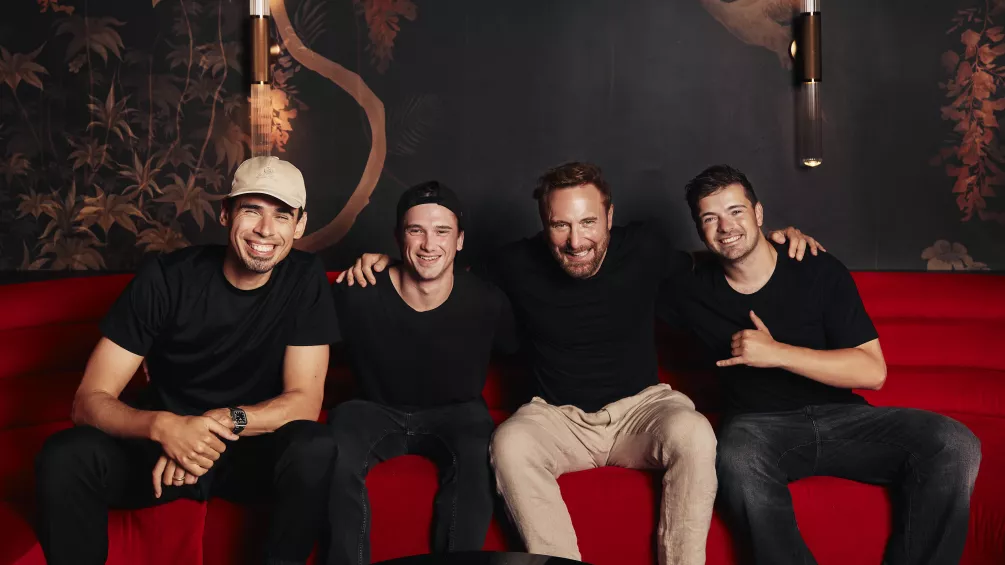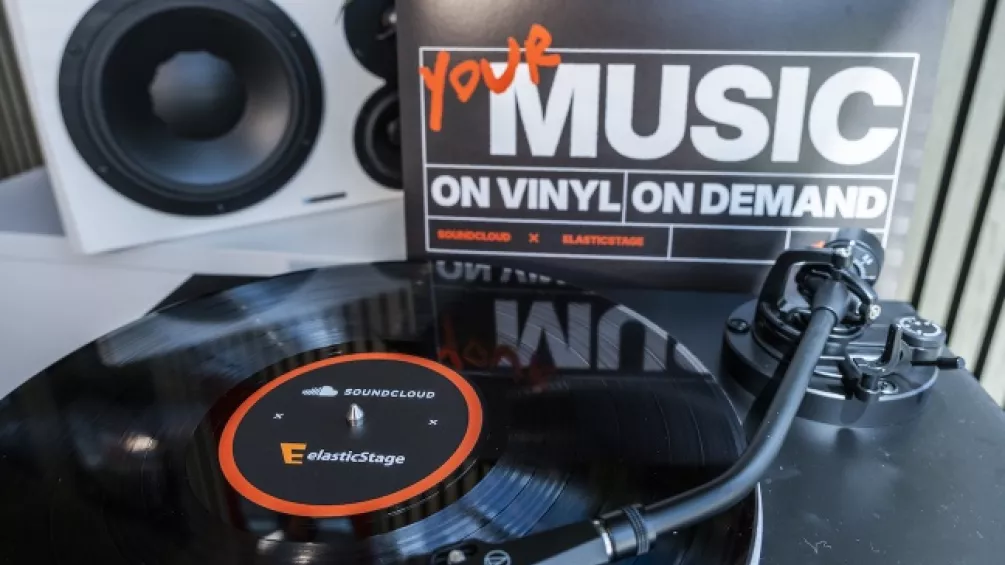
AI-generated Drake and The Weeknd track eligible for Grammy, Recording Academy says
A track featuring AI-generated replicas of Drake and the Weeknd’s voices has been submitted for Grammy consideration, says the Recording Academy.
‘Heart on My Sleeve’, created by the anonymous artist Ghostwriter, is eligible for nomination by the prestigious awarding body due to recent guideline changes introduced earlier this year, in order to better reflect the evolving music industry.
“It’s absolutely eligible because it was written by a human,” shared Recording Academy CEO Harvey Mason Jr. in a new interview with The New York Times, referring to the rulebook changes which stress the importance of human creativity and technology working together in tandem.
“As long as the human is contributing in a more than de minimis amount, which to us means a meaningful way, they are and will always be considered for a nomination or a win,” Mason Jr clarified to The Associated Press earlier this year. “We don’t want to see technology replace human creativity. We want to make sure technology is enhancing, embellishing, or additive to human creativity. So that’s why we took this particular stand in this award cycle.”
He went on to explain that in a case where a track features an AI or voice modelling program performing the lead vocal, it would be eligible for nomination in a songwriting category, but not in a performance category, because “what is performing is not human creation.”
Ghostwriter’s ‘Heart on My Sleeve’ has been submitted in the best rap song and song of the year categories, a representative of the nameless artist told The Times. Despite the computer-generated vocal performances, the original lyrics were written by Ghostwriter, making the song eligible for any awards given to track’s writers, as opposed to its performers.
Released initially in April, the song went viral for its use of artificial intelligence voice filters to mimic the pop superstars, but was promptly removed from streaming services due to the ongoing legal grey area surrounding AI-assisted music. Ghostwriter has since released a new track, ‘Whiplash’, this time using AI vocal effects to sound like the rappers Travis Scott and 21 Savage.
“Ghostwriter really has played an important role here to bring awareness and attention,” Mason said. “We know A.I. is going to play a role in our business. We can’t pretend to turn our back on it and try to ban it.
He added, “I’m not scared of A.I., but I do believe work needs to be done to make sure that things are in place so that the creative community is protected.”
Last month, we also reported that an AI vinyl digging tool for Discogs has been developed by UK label Timehri while AI is being used by Google to allow people to turn brain scans into music.
Revisit our 2021 three-part AI Futures series exploring the advent of AI in music, how AI will shape music production, and how AI is infilitrating the DJ booth.





